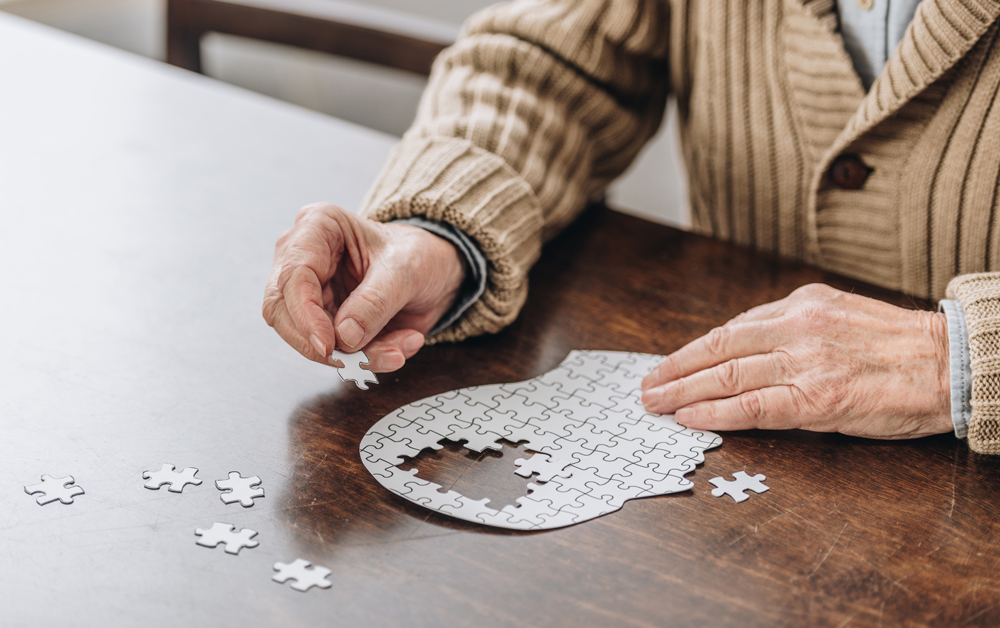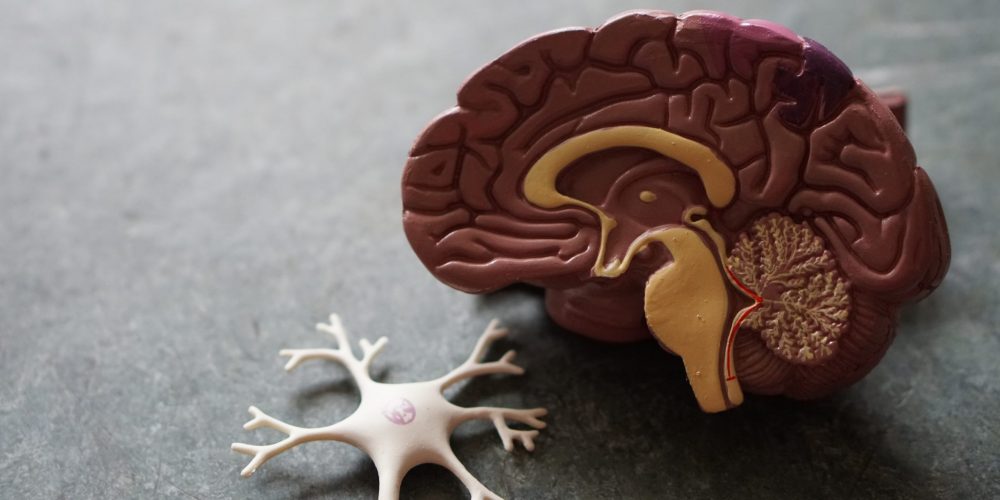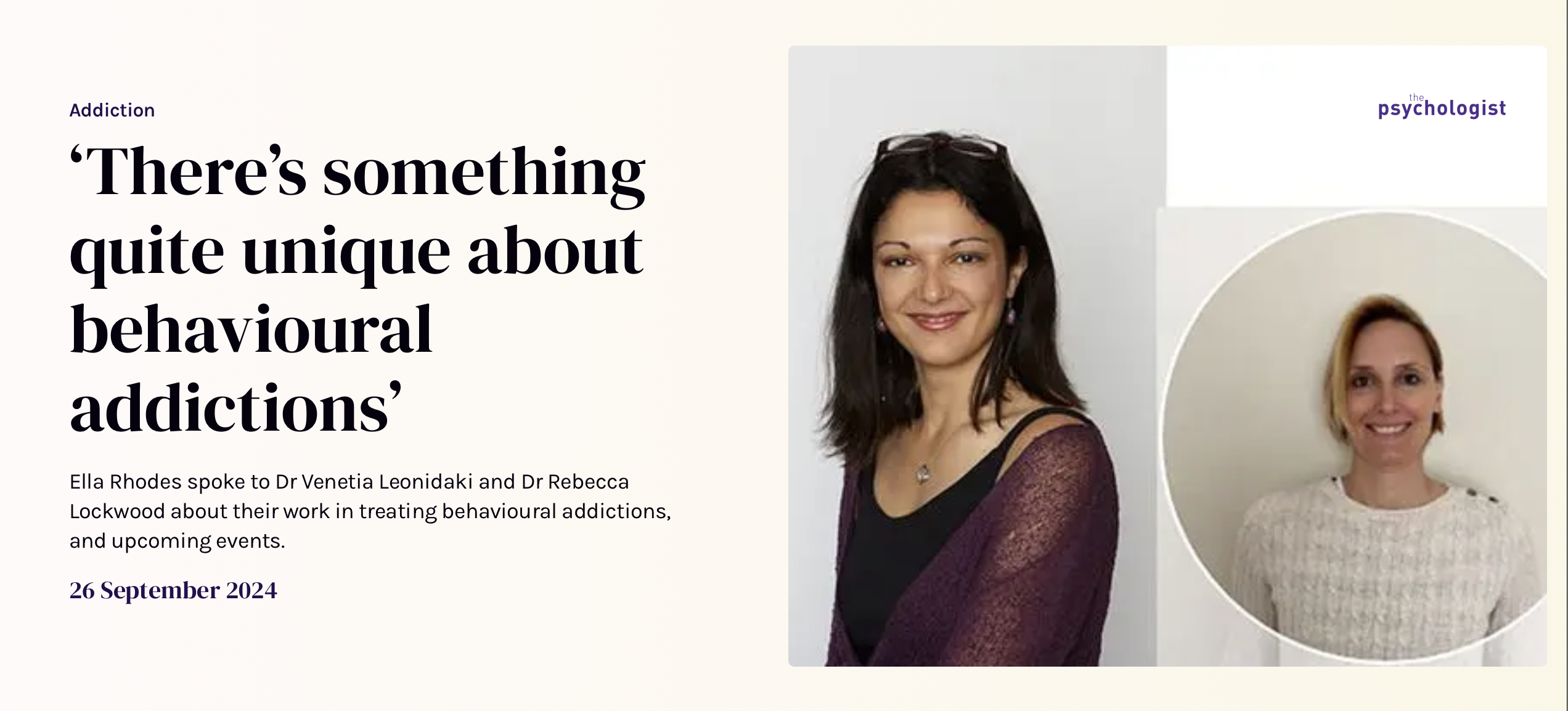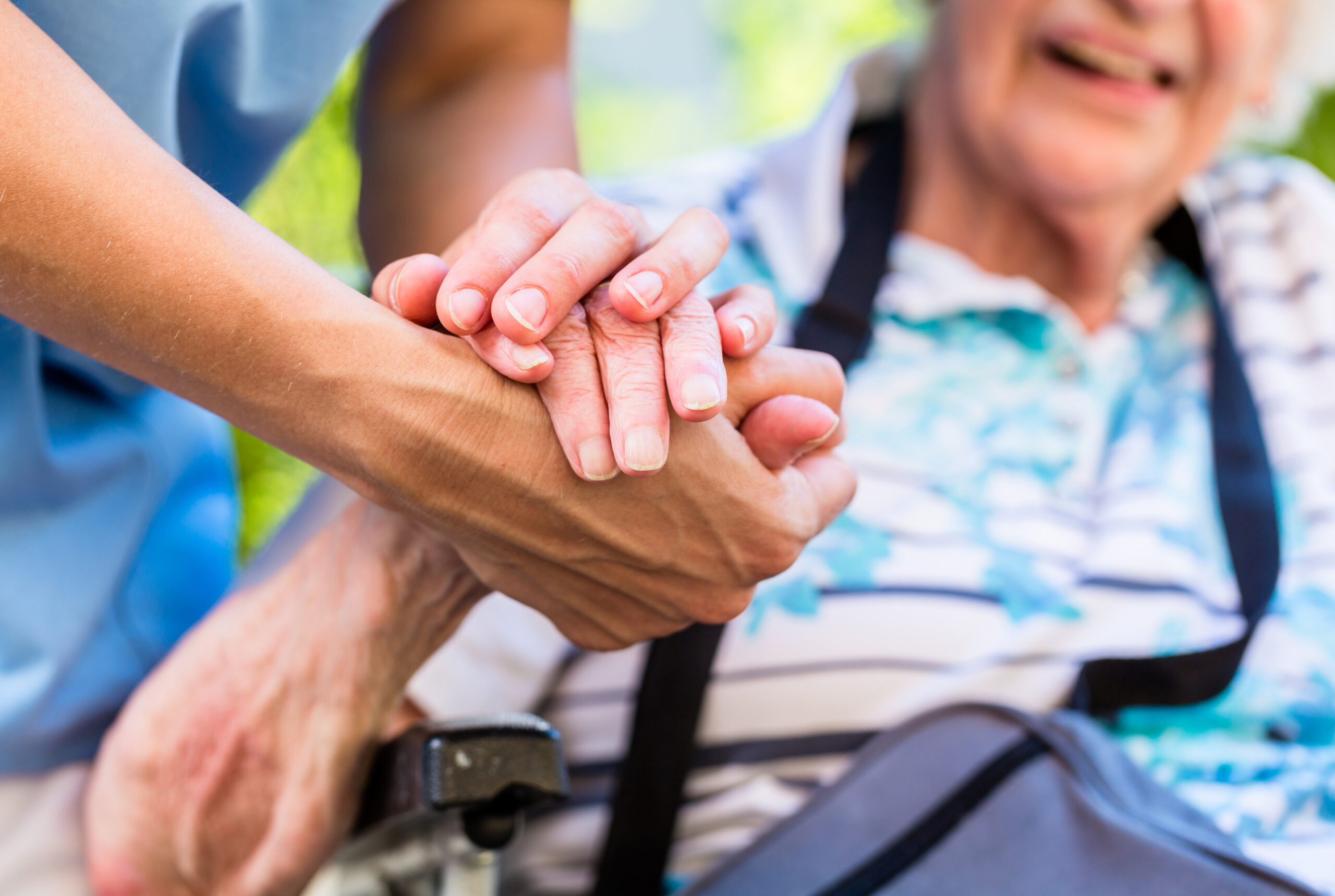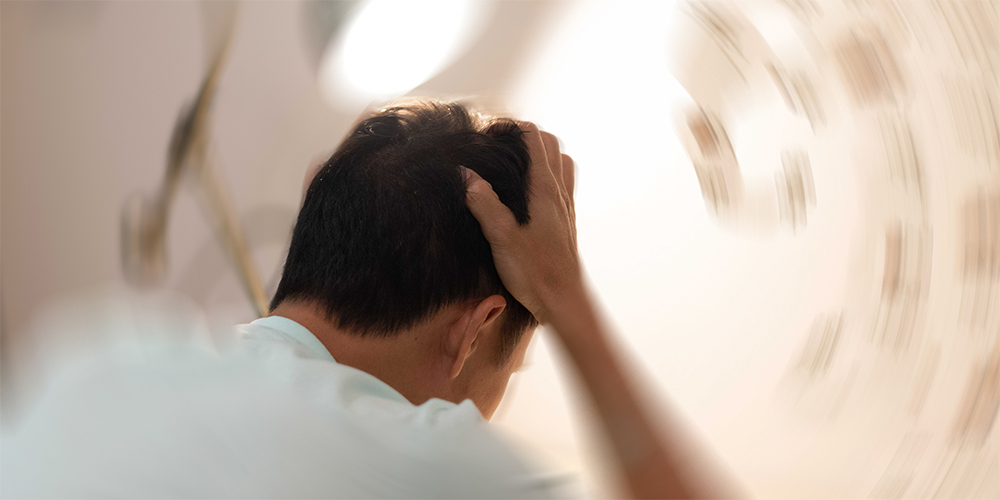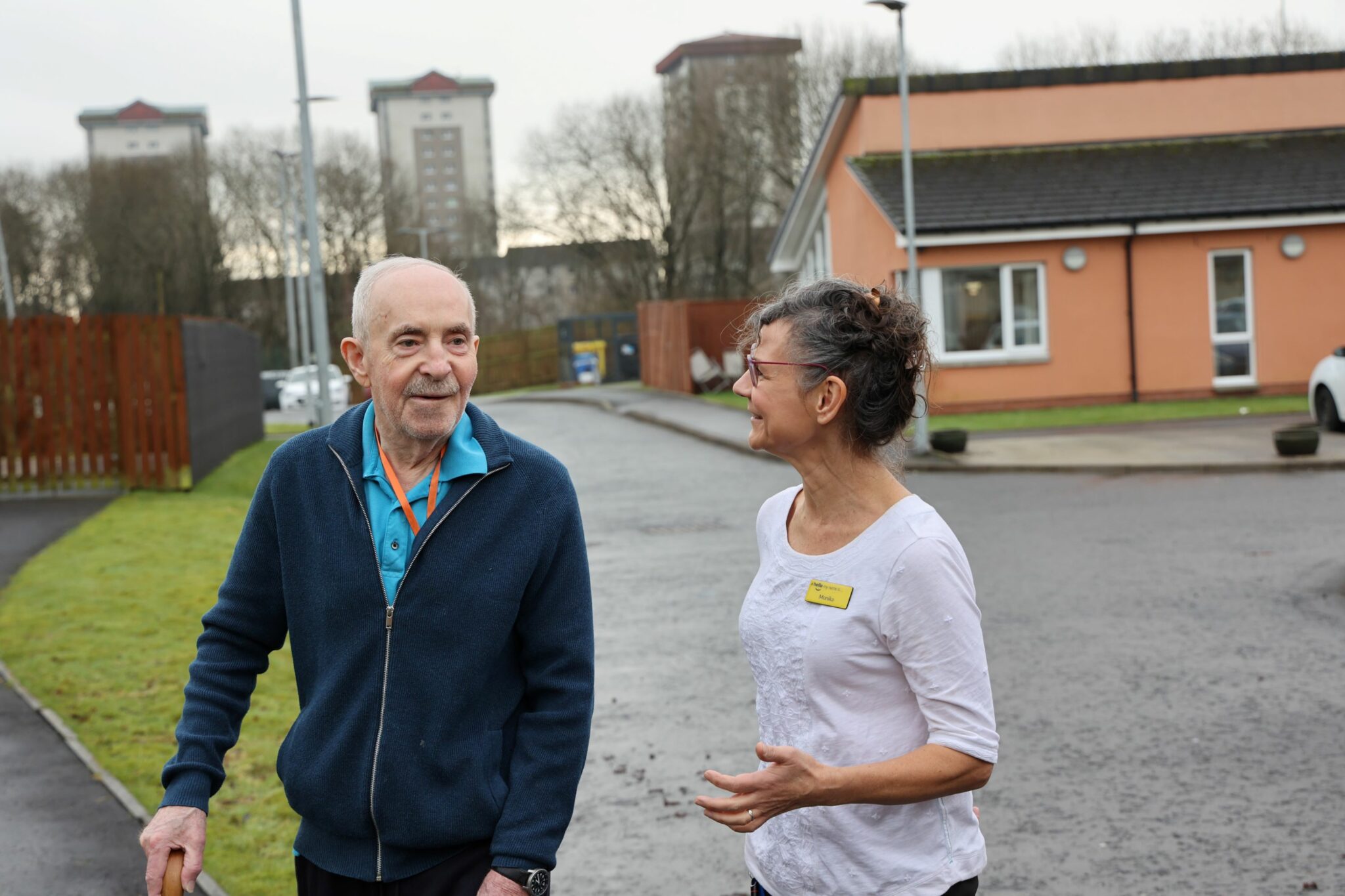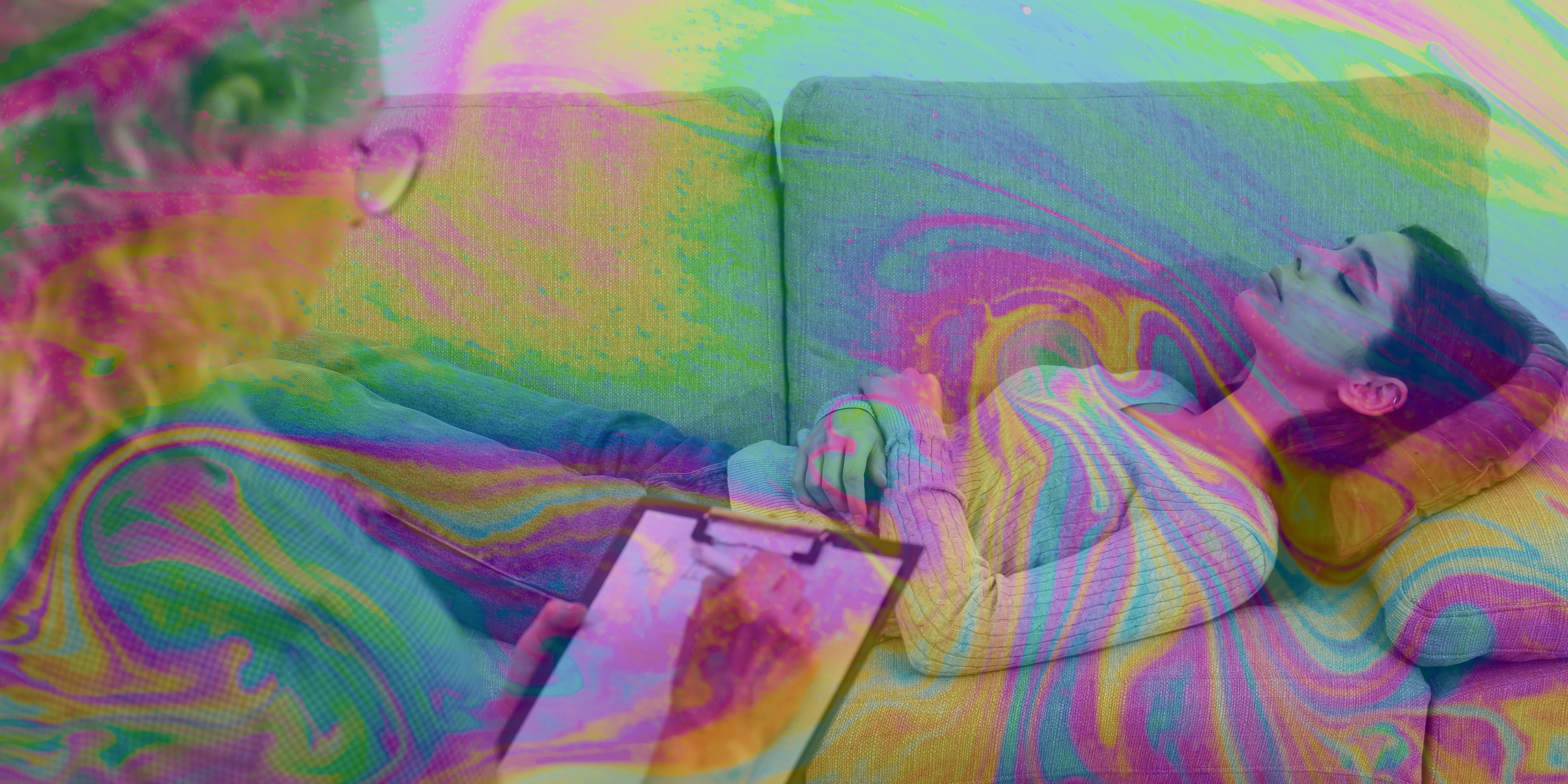Children’s Mental Health Week: Early Support and Assessment Can Change Life Trajectories
Every child develops at their own pace. Some are naturally quiet and reflective; others are energetic, curious and constantly on the move. Differences in attention, emotional regulation, learning, or social interaction are often part of typical development.
However, when these differences begin to affect a child’s wellbeing, education, or relationships, early understanding becomes essential.
Children’s Mental Health Week is a reminder that mental health in childhood is not a “later” issue, it is foundational. The patterns shaped in early years can influence outcomes across adolescence and adulthood.
Why early support matters
Early identification and timely support are consistently linked with better long-term psychological, educational and social outcomes. When difficulties are recognised early:
- Children gain insight into how their minds work
- Parents receive clarity and practical guidance
- Schools can put appropriate support in place
- Early strategies can reduce escalation in adolescence
Without early understanding, some children begin to internalise difficulties. Over time, this may affect confidence, self-esteem, identity, school engagement and emotional wellbeing.
Early support and assessment can change life trajectories.
Why early specialist assessment can be so helpful
Early specialist assessment helps us understand how a child thinks, learns, and manages emotions, allowing support to be tailored to their needs, rather than relying on generic strategies or guesswork.
Importantly, it brings together the cognitive and emotional picture. Understanding a child’s memory, attention, learning style, and emotional wellbeing helps professionals see the whole child, not just individual difficulties.
By looking at how children think, feel, and interact with others, support can be built around their unique strengths and needs. When cognitive skills and emotional regulation are considered together, children are more likely to receive the right help at the right time.
At NPsych, our assessment work sits within our broader Neuropsychology and Mental Health services, ensuring recommendations translate into practical support and meaningful outcomes.
When might an assessment be helpful?
Parents often notice subtle signs long before concerns are formally raised. An assessment may be helpful if you’re seeing:
- Persistent anxiety or heightened worry
- Intense emotional reactions or difficulties with regulation
- Attention, impulsivity or hyperactivity that disrupts daily life
- Social communication challenges or friendship difficulties
- Learning, memory, or processing concerns
- Behaviour changes following trauma, stress, or significant transitions
Seeking an assessment doesn’t mean something is “wrong”. It means you are seeking clarity.
A thorough neuropsychological or psychological assessment can help identify strengths, understand challenges, and guide appropriate support at home and at school.
Supporting parents as well as children
Parents frequently tell us that uncertainty is the hardest part. Not knowing whether a behaviour is developmental, situational, or something more persistent can be stressful, especially when you’re trying to do the right thing.
Assessment provides answers and answers reduce uncertainty.
Early support isn’t about labels. It’s about understanding what a child needs, building tailored strategies, and helping them feel supported rather than misunderstood.
A proactive approach: assessment, formulation, intervention and review
Children’s Mental Health Week encourages us to move from reactive to proactive care. Instead of waiting for difficulties to intensify, early conversations and early assessment can offer direction and reassurance.
At NPsych, our work typically follows a structured pathway:
- Assessment to understand cognitive, emotional and behavioural functioning
- Formulation to make sense of what’s driving the difficulties, and what’s maintaining them
- Intervention to put tailored strategies and therapy in place
- Review to track progress, refine recommendations and ensure support remains aligned
Through careful assessment, personalised planning, and ongoing support, children can develop confidence and resilience over time.
Connecting families to the right specialist support
When concerns are identified early, families can be guided towards specialist services that offer in-depth assessment and tailored support, giving children the best opportunity to thrive at home, at school, and socially.
At NPsych, families can contact us directly to discuss concerns and explore the most appropriate next step.
Because when support is provided early, the impact can last a lifetime.
If you’d like to explore whether an assessment could be helpful, please get in touch with NPsych and we’ll advise on the most appropriate next step.



